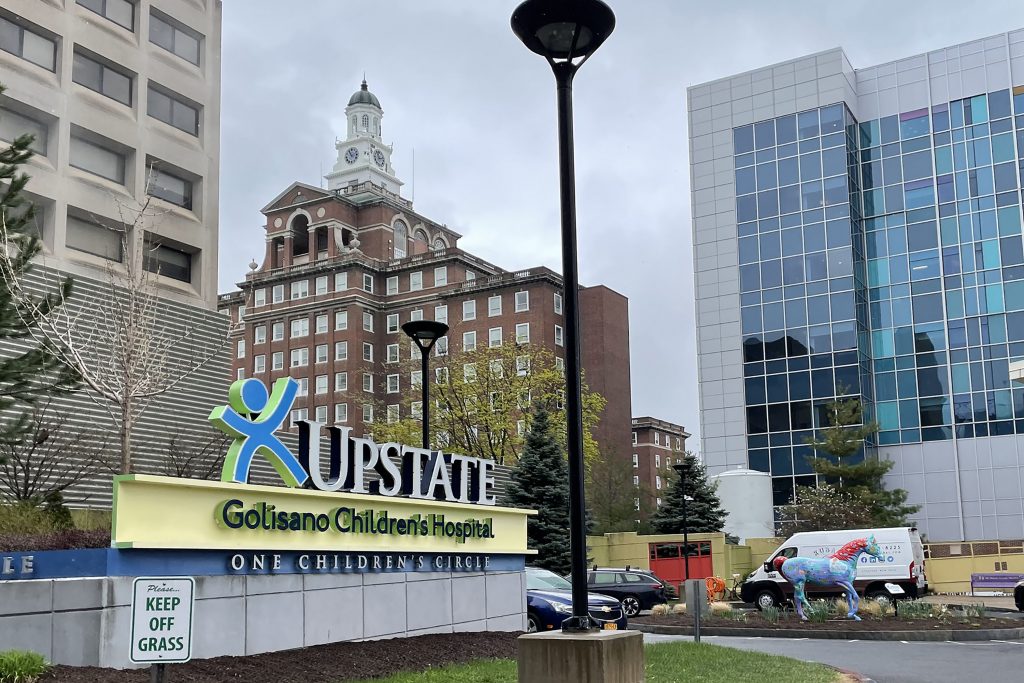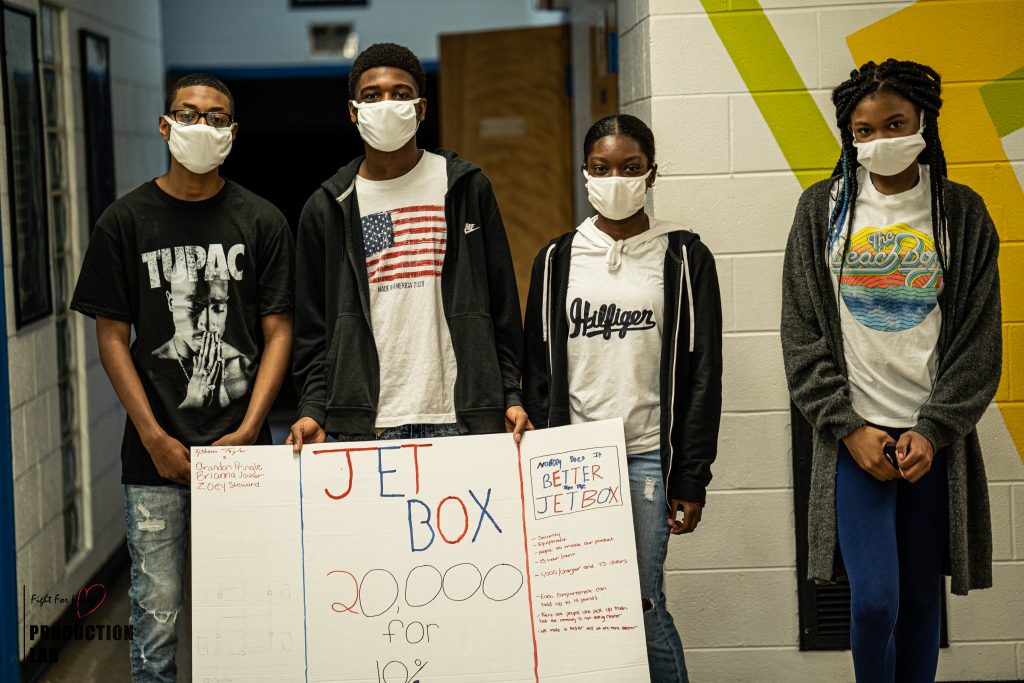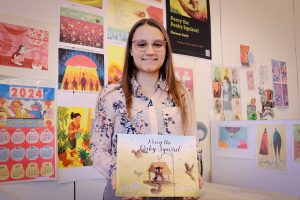Upstate begins Pfizer COVID-19 vaccine trial for children
Upstate begins Pfizer COVID-19 vaccine trial for children

With COVID-19 vaccines now available in New York state to residents 16 and older, the focus has already begun to shift to the state’s youngest population.
Upstate Medical University is just one of four sites worldwide to enroll children younger than 5 years old in a Pfizer COVID-19 vaccine trial. This study began in early April and will continue in phases over a two-year period. Children between 6 months and 11 years old are eligible for the trial.
“We know that infection with the coronavirus SARS-CoV-2 occurs across all age groups. When children become infected, some certainly progress to severe illness, while many others develop mild disease or have no symptoms at all. While infected, children can transmit infection to their friends, family members and close contacts at school,” said Principal Investigator Dr. Joseph Domachowske in a press release.
As trials for this last age group start, a vaccine for children could mean hope for schools and community organizations to begin expanding their operations.
Along with most local schools, the Boys and Girls Clubs of Syracuse shut down operations in March 2020 and did not return to in-person programming until July, according to Executive Director Jeffrey Eysaman. Since the clubs reopened, they are still functioning at a limited capacity.
“I think the fall was just a tough adjustment period for everybody with school being different,” Eysaman said. “When you’re an after school spot and then folks don’t go to school, it leaves you in a weird space where we weren’t needed as we once were.”
With more children back to school in person and eligibility for vaccines expanding, Eysaman said they are seeing their numbers rise again. Similarly, the Syracuse City School District expanded in-person learning on April 12 and about 2,500 additional students chose to attend school, said Karin Davenport, the district’s communications specialist, in an email. She said it is still too early to anticipate how vaccines will affect plans for the fall 2021 school year.
“It is really too soon to say about next school year, but details will be shared on our website as well, when available,” Davenport said.
Though schools have made significant adjustments to transition to virtual learning, Whitney Wood, a professor of school-focused psychology at LeMoyne College, said elementary students, in particular, have lost the opportunity to develop fundamental skills in the classroom. It has not been the same for children in terms of the ability to get feedback, engage with teachers and develop social skills, she said.
“Emotional expression also often involves some kind of touch, whether it’s giving a high five or a hug or a comforting arm around someone,” Wood said. “I think it’s going to be really interesting to see how kids understand space between them and other people.”
Adam Sudmann, Syracuse resident and parent of two children–6 and 8 years old–attending school in the Syracuse City School District, said vaccines for children would help ease some fears regarding interacting with other children and potentially even going back to school without masks.
“Everyone should be vaccinated,” Sudmann said. “I can’t wait. I’m so excited for the kids to be able to be vaccinated.”
In order to protect children, stop the spread of COVID-19 and achieve herd immunity, safe vaccination protocols must be in place to prevent childhood infections, according to the release. Although only 200 to 250 children will be enrolled in the trial, about 1,000 parents have already contacted Upstate to enroll their children, according to a report by Syracuse.com.
An increase in vaccinations is intended to have a positive effect on public safety, Eysaman said. The potential for children to receive vaccines could lead to an increased number of volunteers at the clubs as well as planned trips or group activities, he said.

“I think when you’re a space like ours, in the neighborhoods that we serve, it’s important to have a comfort level within the building because that might be what’s missing in some of our youth’s lives,” Eysaman said. “So I think that it would make it a more comfortable state being in with people knowing that they are definitely safe.”
Though a COVID-19 vaccine safe for children could lead to new changes, Wood said it is going to take time for children to make up for the losses they faced being out of the classroom. Though children have proven to be incredibly adaptive to new behaviors like wearing masks, unlearning certain behaviors and understanding why the rules are changing may take time.
“I think that might take a little bit more time for a kid to unlearn those associations just because it’s not based so much on this causes this, so much as just a sense of dread around things are weird or things are different,” Wood said. “It’s going to take us all some time to readjust back to a different from this past year.”





